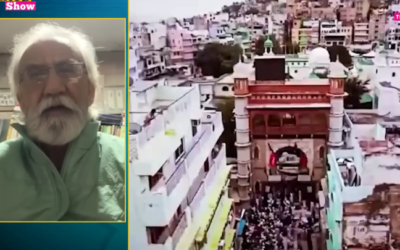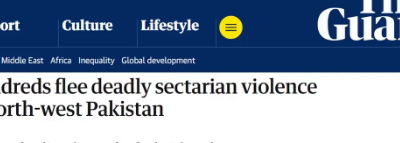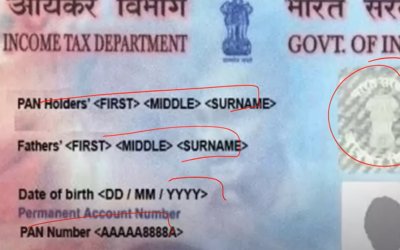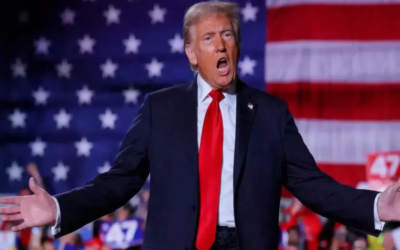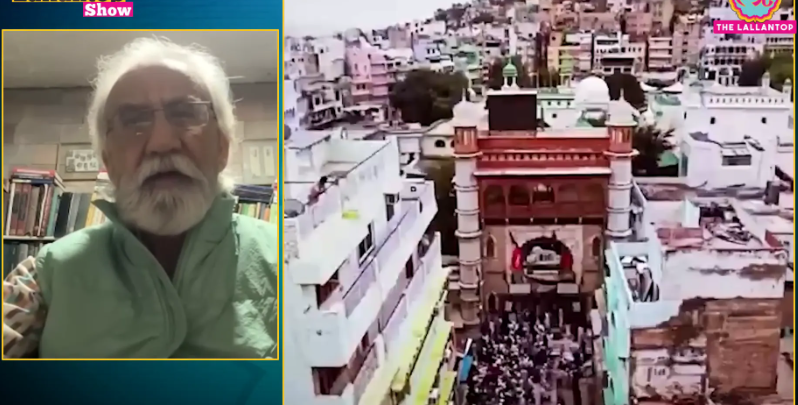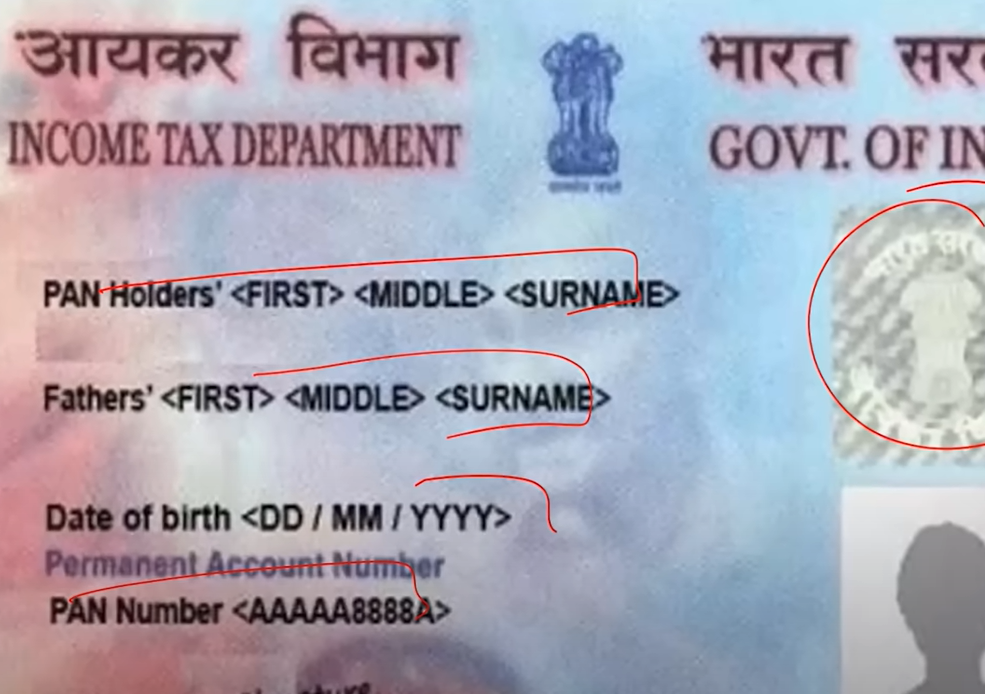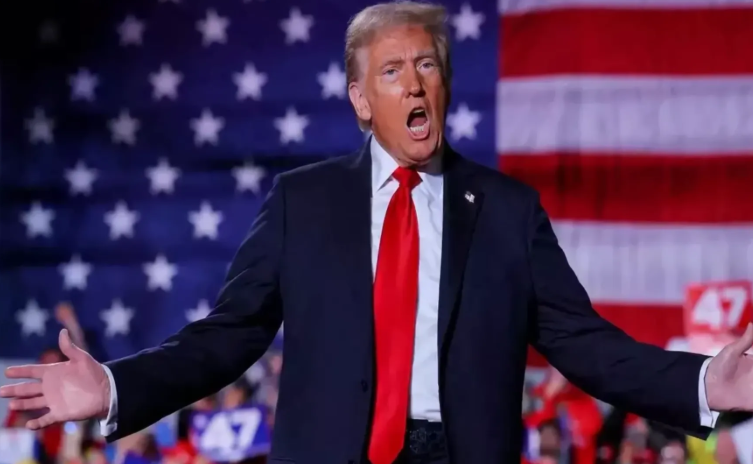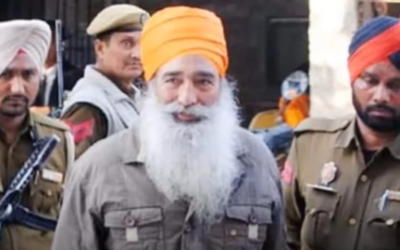
Understanding the Incident Involving Sukhbir Badal at the Golden Temple
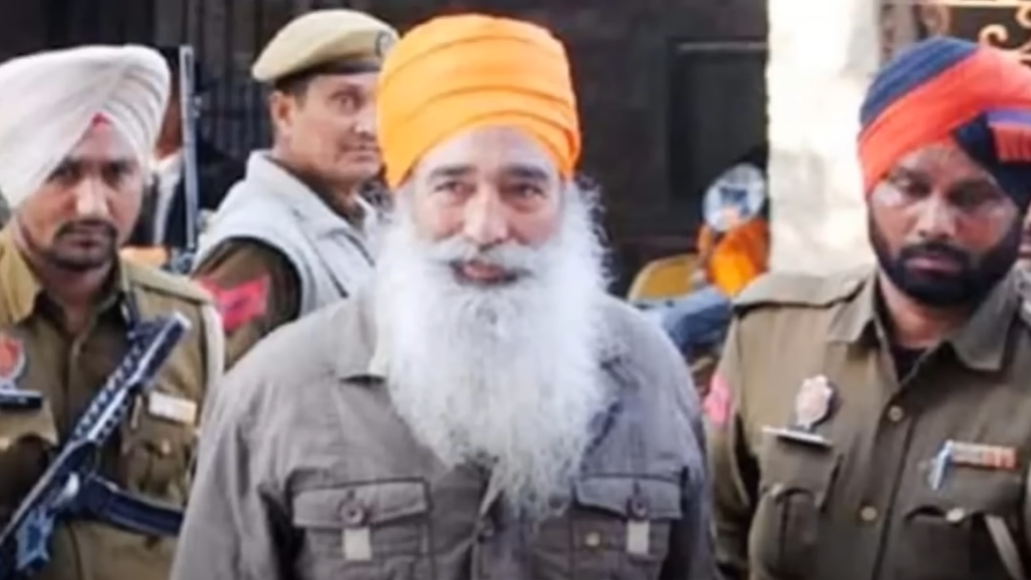
The recent incident involving Sukhbir Badal, a prominent leader of the Shiromani Akali Dal (SAD), has sparked widespread discussions and raised concerns about security and political implications in Punjab. This unfortunate incident took place at the Golden Temple, a holy site for the Sikh community, and has sparked debate on both the nature of the attack and the background of the political figures involved. Let us explore this incident and the context surrounding it in detail.
The Shooting Incident
The firing incident at the Golden Temple on an important day shocked many. A former militant, Narain Singh Chaura, shot Sukhbir Badal while he was sitting at the temple entrance. Badal, who was on a wheelchair due to a broken leg, was performing penance as part of a punishment given by the Akal Takht, the highest temporal authority in Sikhism.
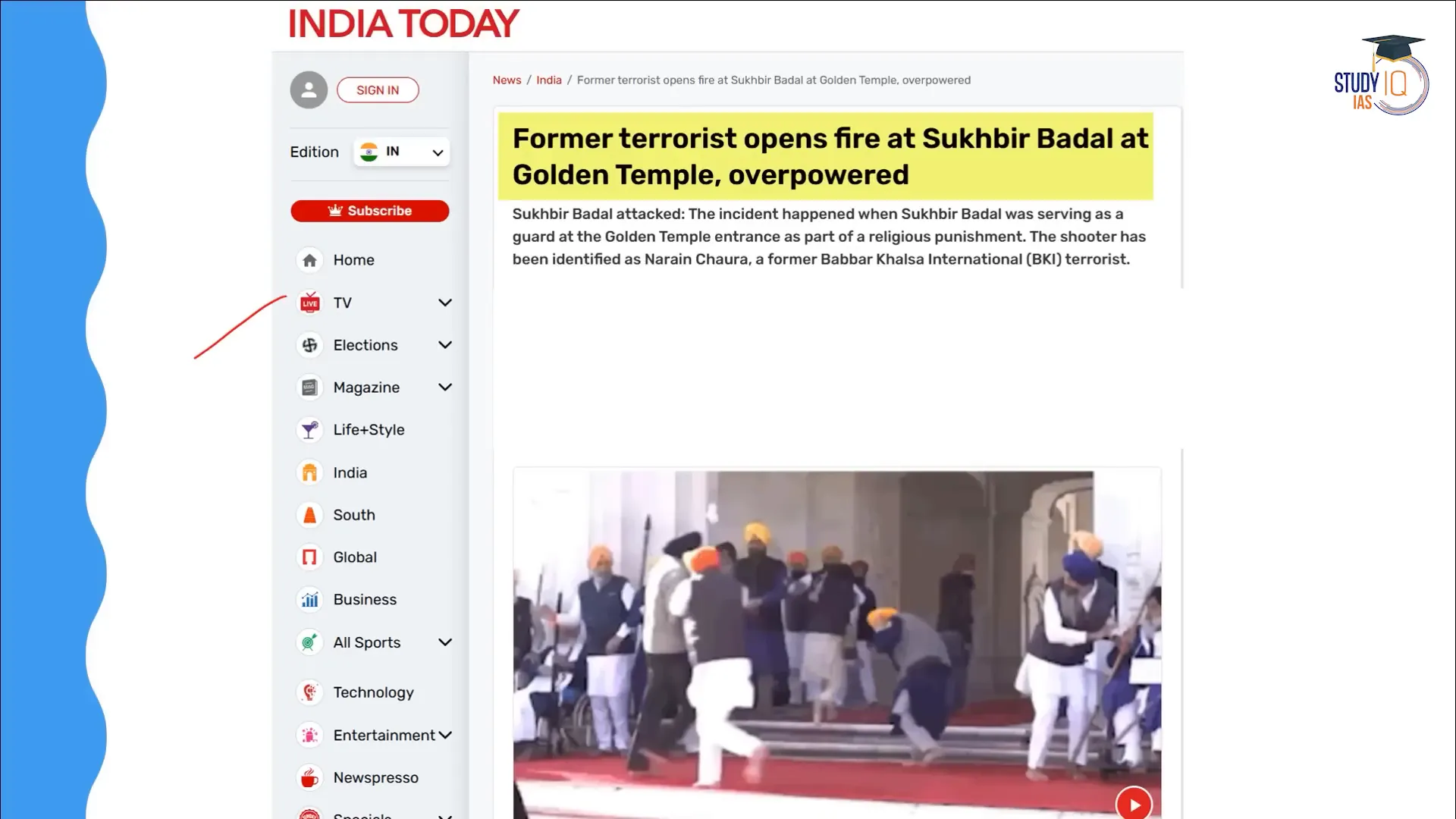
The attacker Narayan Singh Chaura is notorious for being involved in various criminal activities including the 1985 Air India bombing. His actions at the Golden Temple were an open display of violence in a place of worship. Fortunately, no one was injured during the incident, as the bullet fired by Chaura hit the wall instead of hitting Badal.
Who is Narayan Singh Chaura?
Narain Singh Chaura is a controversial figure. He was allegedly associated with Babbar Khalsa International, a terrorist organisation banned in several countries. After fleeing Pakistan in 1984, he became involved in arms smuggling and other criminal activities. His notoriety grew in connection with a prison escape in 2004, where he was accused of plotting the escape of several prisoners.
The Political Fallout
The firing incident has kicked up a political storm in Punjab. Many leaders, including those from the Congress party, have pointed fingers at the Aam Aadmi Party (AAP), which is currently in power in Punjab. They have accused the AAP of being negligent in ensuring the safety of Sukhbir Badal, who was under Z-plus security. Akali Dal leader Daljit Singh Cheema has called the incident part of a larger conspiracy aimed at destabilising Punjab.
He has demanded a judicial probe into the matter and sought accountability from the government for failing to protect Badal. The Congress president in Punjab also echoed these sentiments and emphasised that the security arrangements were inadequate.
Sukhbir Badal’s Punishment and Its Context
The background to this incident becomes even more complex when one considers the recent punishment handed down to Sukhbir Badal by the Akal Takht. He was declared ‘tankhaiya’ (guilty of religious misconduct) for decisions taken during his tenure as deputy chief minister from 2007 to 2017 that were deemed to have harmed the interests of the Sikh community. As part of his punishment, Badal was tasked with performing various community service duties, including cleaning shoes and washing utensils at the Golden Temple. This atonement was seen as an attempt to atone for past mistakes, particularly in relation to his handling of the 2015 desecration case involving the Guru Granth Sahib, the holy scripture of Sikhism.
The Sacrilege Case and Its Implications
The sacrilege case is significant for Sukhbir Badal and the Shiromani Akali Dal. The controversy arose from events in 2015, when pages of the Guru Granth Sahib were found torn and scattered, leading to widespread protests and unrest. The then Shiromani Akali Dal-led government faced heavy criticism for its response to these events, including controversially pardoning Gurmeet Ram Rahim Singh, associated with the Dera Sacha Sauda, who was accused of sacrilege.
Many Sikhs felt betrayed by the Shiromani Akali Dal’s actions, as they believed the party failed to uphold the sanctity of their religion. This feeling has contributed to Badal’s declining political fortunes and the party’s struggle to regain its position in Punjab’s political landscape.
Impact on Sukhbir Badal’s Political Career
In the wake of these events, Sukhbir Badal’s political career is at a crossroads. The firing incident, while worrisome, may garner sympathy from his supporters, thereby bolstering his efforts to reconnect with the Sikh community. However, issues related to his party’s past decisions and ongoing internal dissent pose major challenges to his leadership.
As the Akali Dal has suffered several setbacks in the recent elections, including a poor performance in the Lok Sabha elections, there are demands for major changes within the party. Badal’s admission of his past mistakes and participation in atonement may be a step towards rebuilding his image, but it remains to be seen whether it will be enough to restore confidence among voters.

